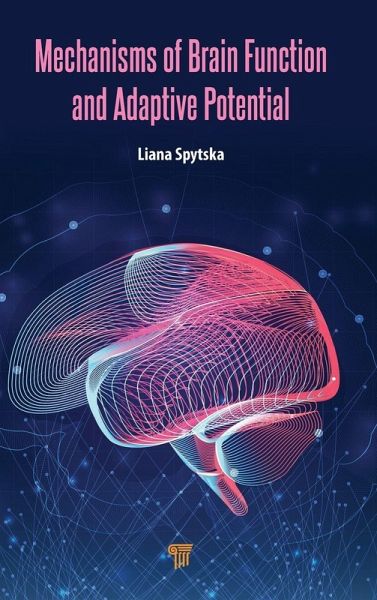
Mechanisms of Brain Function and Adaptive Potential
Versandkostenfrei!
Versandfertig in über 4 Wochen
171,99 €
inkl. MwSt.
Weitere Ausgaben:

PAYBACK Punkte
86 °P sammeln!
This book explores the relationships between brain function, hypnotic states, and neural networks, illuminating how these fields deepen our understanding of human consciousness, cognition, and therapeutic possibilities. It integrates historical context with modern research methodologies, demonstrating how advanced neuroimaging techniques transformed the ability to visualize and understand brain activity. It explores how alterations in brain activity correlate with changes in perception, attention, memory, and emotional regulation, providing insights into the malleable nature of consciousness. ...
This book explores the relationships between brain function, hypnotic states, and neural networks, illuminating how these fields deepen our understanding of human consciousness, cognition, and therapeutic possibilities. It integrates historical context with modern research methodologies, demonstrating how advanced neuroimaging techniques transformed the ability to visualize and understand brain activity. It explores how alterations in brain activity correlate with changes in perception, attention, memory, and emotional regulation, providing insights into the malleable nature of consciousness. What distinguishes Mechanisms of Brain Function and Adaptive Potential is its emphasis on integrating knowledge across multiple disciplines-neurobiology, psychology, computer science, and clinical practice. This interdisciplinary approach enables a more holistic understanding of the brain and its functions. Such integration is essential for understanding complex mental processes and developing more effective treatments for neurological and psychological disorders. The practical applications of this research highlight how hypnotherapy can be used in treating conditions ranging from chronic pain and anxiety disorders to PTSD and addictions. The book examines how principles derived from neural networks can be applied to develop personalized hypnotherapeutic approaches. Virtual reality, artificial intelligence, real-time neural monitoring, and brain-computer interfaces are powerful tools that may enable more precise control of hypnotic states and lead to the development of hypnotherapy strategies with increased efficacy. The book establishes an ethical framework for researchers and practitioners that would ensure appropriate safeguards for patient welfare.













